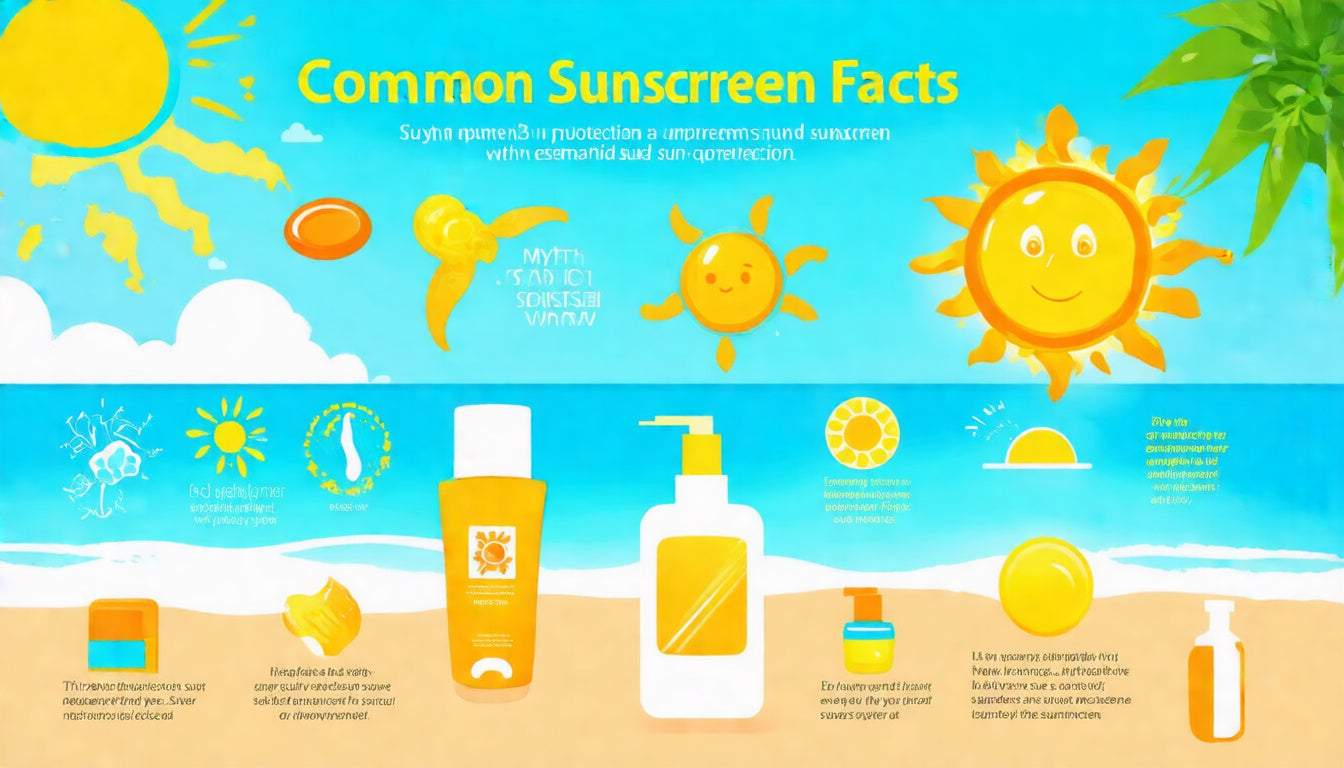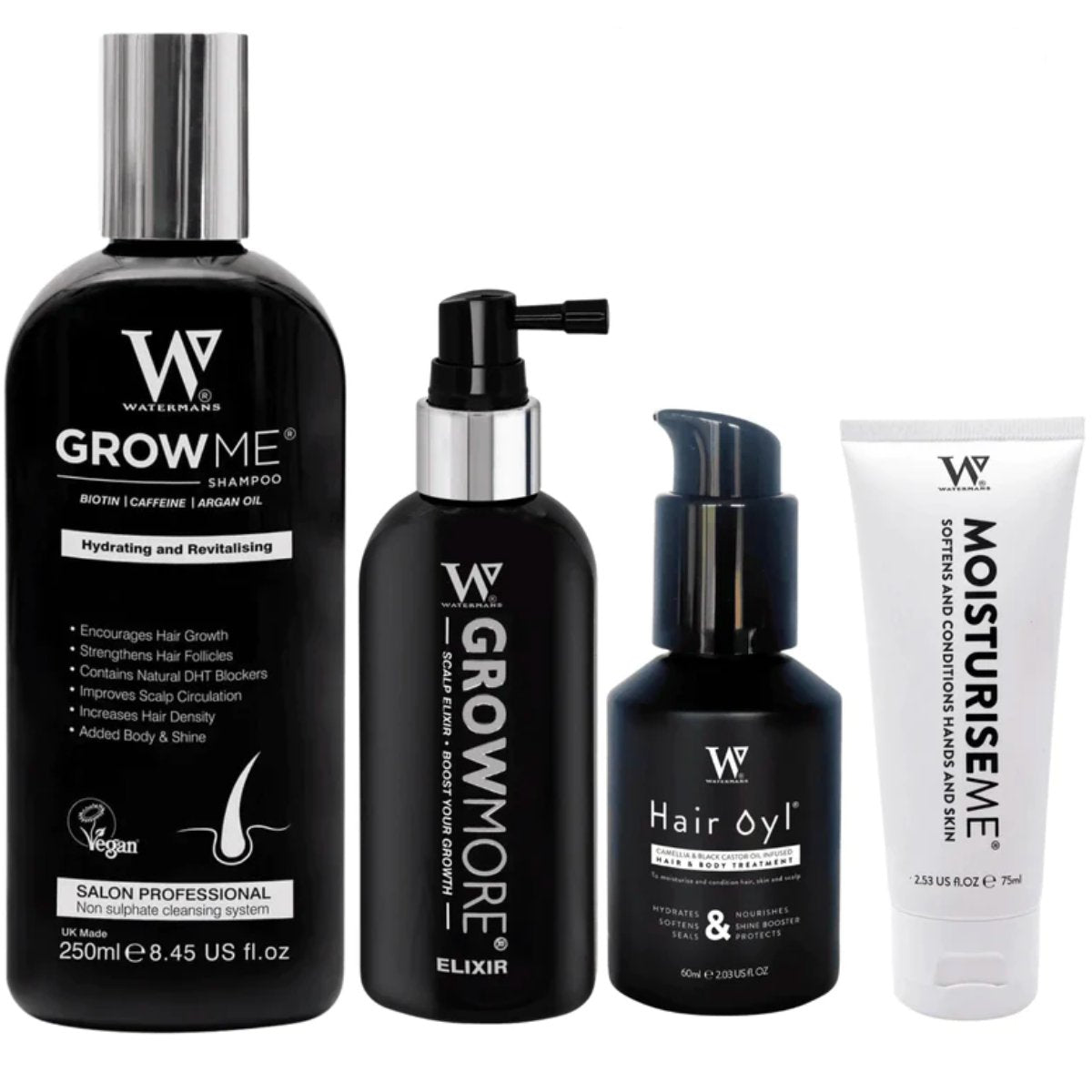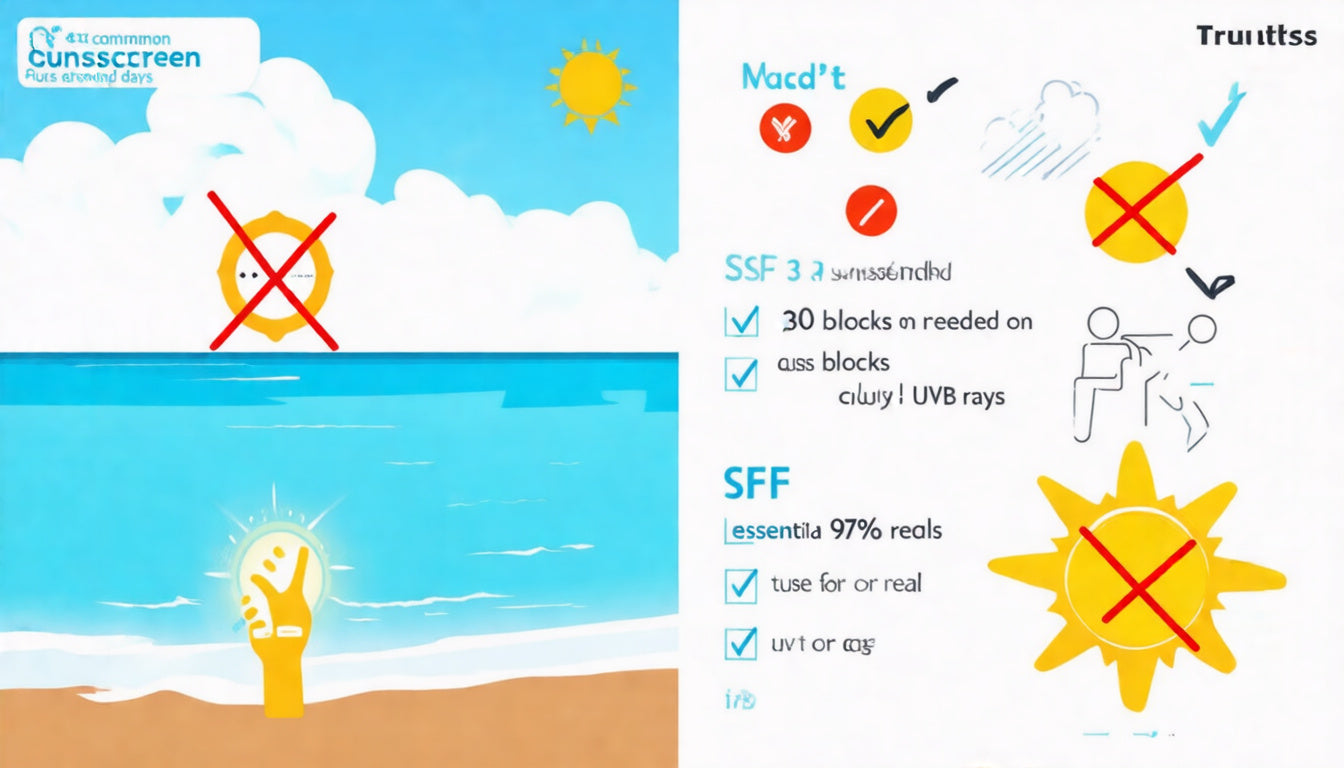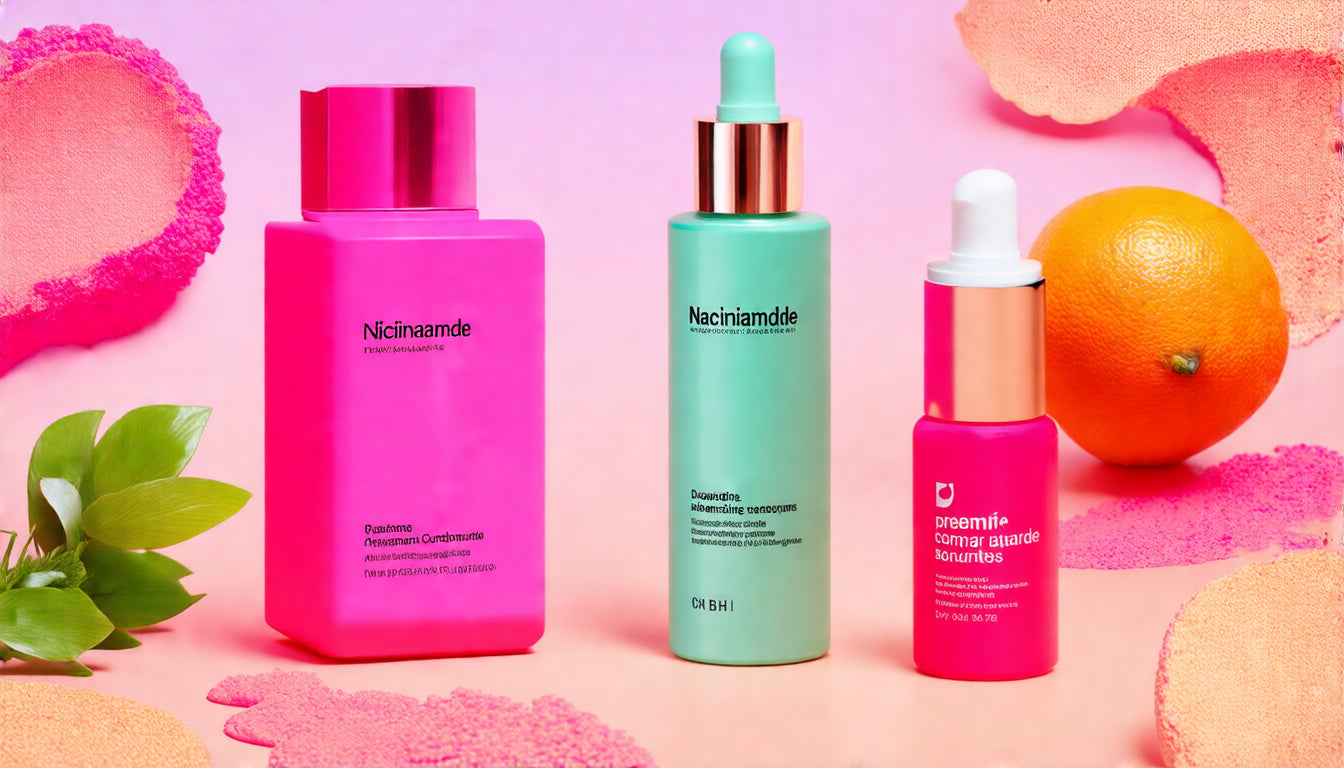
Debunking Common Sunscreen Myths: Essential Facts You Need to Know!
Sunscreen is a crucial part of any skincare routine, yet many misconceptions about its use and effects persist. Understanding the truths behind these myths can help you protect your skin effectively from sun damage, premature aging, and other risks. Let’s dive into some common sunscreen myths and reveal essential facts you need to know.
Why Is Sunscreen So Important?
One of the primary reasons sunscreen is vital, especially for Indian skin, is its role in preventing hyperpigmentation. Unlike the common belief that wrinkles are the first sign of aging, hyperpigmentation often appears first in Indian skin types. Sunscreen helps mitigate this by protecting against the harmful ultraviolet (UV) rays that trigger uneven pigmentation and dark spots.
Common Sunscreen Myths Debunked
Myth #1: Sunscreens Cause Vitamin D Deficiency
Fact: Sunscreens do not cause vitamin D deficiency. This is a widespread misconception. While sunscreen blocks UV rays to protect your skin, enough UV light still penetrates to allow the body to produce vitamin D naturally. Proper sun protection and maintaining vitamin D levels can coexist without conflict.
Myth #2: Sunscreen Should Not Be Used by Children
Fact: Sunscreen is safe and recommended for children, but the choice of sunscreen should be carefully considered. Experts suggest using mineral sunscreens for kids because of their gentle formulation and lower risk of irritation. These sunscreens contain active physical ingredients like zinc oxide or titanium dioxide that provide a protective barrier on the skin.
Myth #3: Sunscreen Is Only Needed on Sunny Days
Fact: UV rays can penetrate clouds and windows, so sunscreen should be applied daily, regardless of the weather. This protects your skin from cumulative damage that might not be immediately visible.
Types of Sunscreens: Mineral vs. Chemical
Choosing the right sunscreen depends on skin type and personal needs:
-
Mineral (Physical) Sunscreens: These sunscreens contain ingredients like zinc oxide and titanium dioxide that reflect UVA and UVB rays. They are often tinted and provide broad-spectrum protection (SPF 50, PA+++), making them ideal for people with sensitive skin, children, and pregnant women.
-
Chemical Sunscreens: These contain organic compounds that absorb UV radiation and convert it to heat. They often provide high SPF ratings but may not be suitable for sensitive skin types.
For pregnant women and kids, mineral sunscreens are usually the preferred choice due to their safety profile and lower potential for allergic reactions.
How to Reapply Sunscreen with Makeup?
Reapplying sunscreen while wearing makeup can be tricky, but it’s essential to maintain protection throughout the day. The best approach is to use tinted mineral sunscreens or specialized sunscreen powders or sprays designed for easy application over makeup without disturbing it. This practice ensures continuous UV protection without compromising your look.
Protecting your skin from sun damage is indispensable for maintaining healthy, youthful skin. Understanding these facts about sunscreen will help you make informed choices. If you’re looking for reliable products that deliver effective sun protection, consider exploring Watermans for high-quality skincare solutions.
Featured Snippet Summary:
Sunscreens do not cause vitamin D deficiency and are safe for children when using mineral-based products. For Indian skin, sunscreen helps prevent hyperpigmentation, often the earliest sign of aging. Mineral sunscreens with SPF 50 and PA+++ are recommended for sensitive skin, children, and pregnant women. Reapplying sunscreen over makeup is possible with tinted mineral sunscreens or specialized powders.
By debunking these myths and knowing the facts, you can confidently incorporate sunscreen into your daily skincare regimen and enjoy healthy, protected skin.













